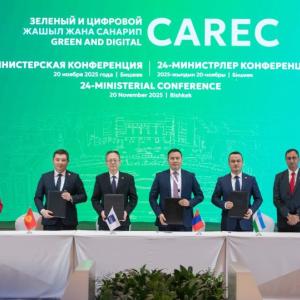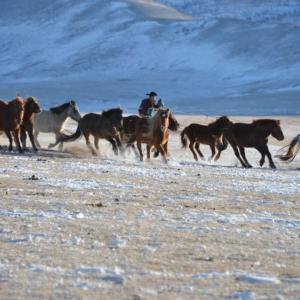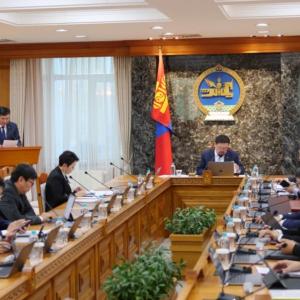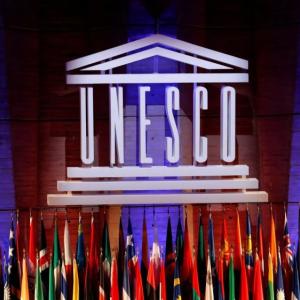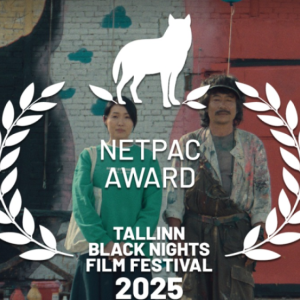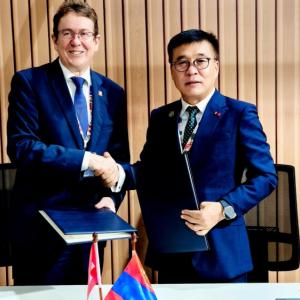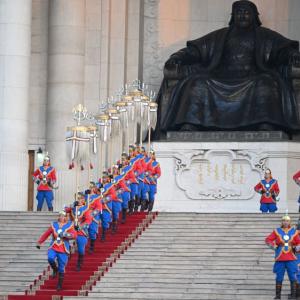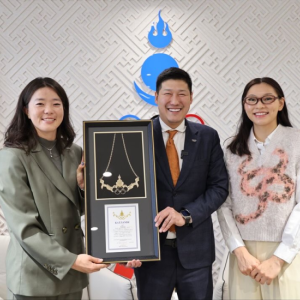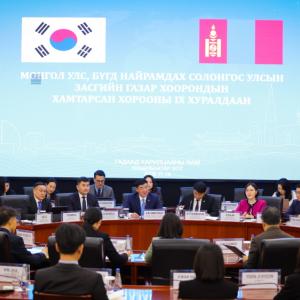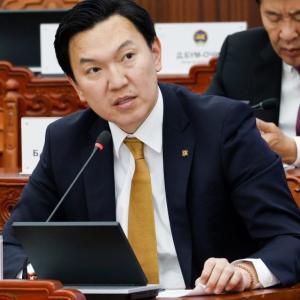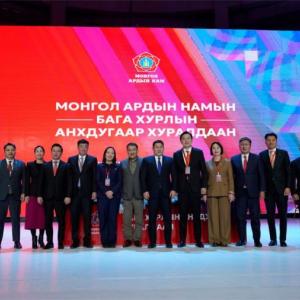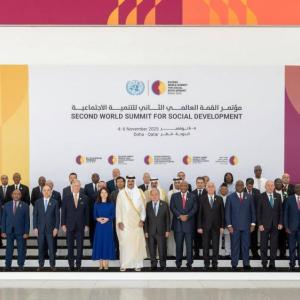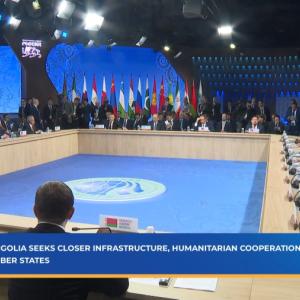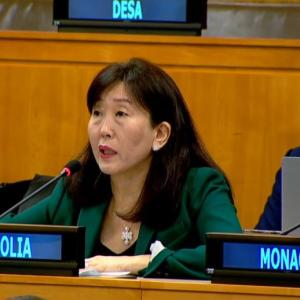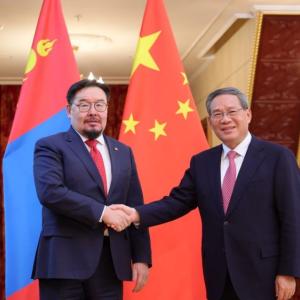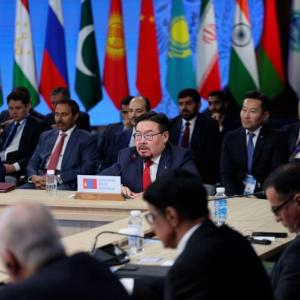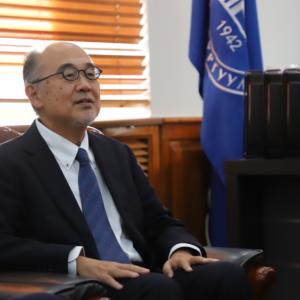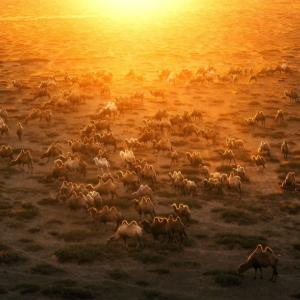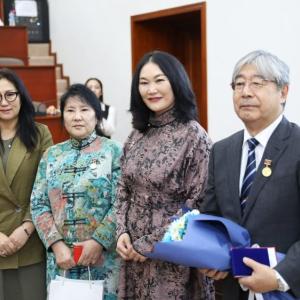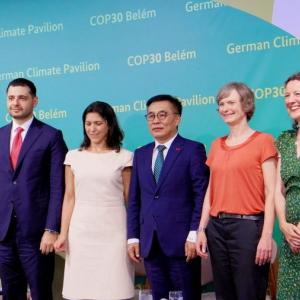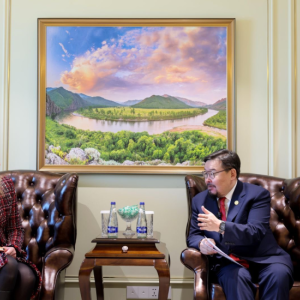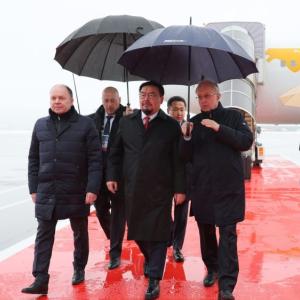Mongolia Officially Confirmed as Host Country for COP17
Society
Ulaanbaatar, February 24, 2025 /MONTSAME/. On February 21, 2025, Minister of Environment and Climate Change of Mongolia Odontuya Saldan and Executive Secretary of the United Nations Convention to Combat Desertification Ibrahim Thiaw signed the Host Country Agreement of the 17th Session of the Conference of the Parties to the United Nations Convention to Combat Desertification at the UN Headquarters in Bonn, the Federal Republic of Germany. The Agreement secures Mongolia's right to host the crucial global conference in 2026, bringing together 197 Parties to the UNCCD to accelerate action against desertification, land degradation, and drought. Mongolia first put forth a proposal to host the COP17 in May 2022, gaining international support and ultimately earning the privilege to host the conference. This milestone reaffirms Mongolia’s commitment to leading global efforts against desertification, land degradation, and drought. Notably, 76.9 percent of Mongolia’s territory is affected by desertification, posing serious threats to the livelihoods of herders, biodiversity, and food security. By hosting COP17, Mongolia will take a leadership role in promoting sustainable land management and land restoration. The Conference will serve as a platform to engage governments, scientific institutions, businesses, local communities, and youth in collaborative efforts to address these pressing environmental challenges. The Conference is important for strengthening land restoration and drought resilience, increasing investments in sustainable land management, and promoting Mongolia’s policies on rangeland ecosystem restoration and climate change adaptation to the global community. Desertification and dust storms are intensifying across Mongolia and the region, posing risks not only to public health and the environment within the country but also impacting countries such as China, Japan, and South Korea. These environmental challenges extend across the Pacific Ocean to North America. As a result, strengthening regional and international cooperation, preventing land degradation, and implementing sustainable management solutions have become more critical.

Mongolia has taken concrete steps to reduce desertification and land degradation and reached tangible results in restoring degraded lands and adapting to climate change through the “One Billion Trees” National Movement. As a nation with a millennia-old nomadic tradition and a deep-rooted connection to its natural environment, Mongolia is well-positioned to advocate for sustainable rangeland management on the global stage and make a valuable contribution to expanding international cooperation. Furthermore, Mongolia initiated the “International Year of Rangelands and Pastoralists 2026” (IYRP 2026) Campaign, which has been endorsed by the United Nations. During COP17, Mongolia will push forward its proposal to establish the “International Coalition for Rangelands for the Future,” which will contribute to Mongolia becoming a leader in green development worldwide. COP17 will not be limited to discussions and negotiations but will serve as a platform to address climate challenges, with a focus on desertification, drought, and renewable energy transition.
 Ulaanbaatar
Ulaanbaatar






